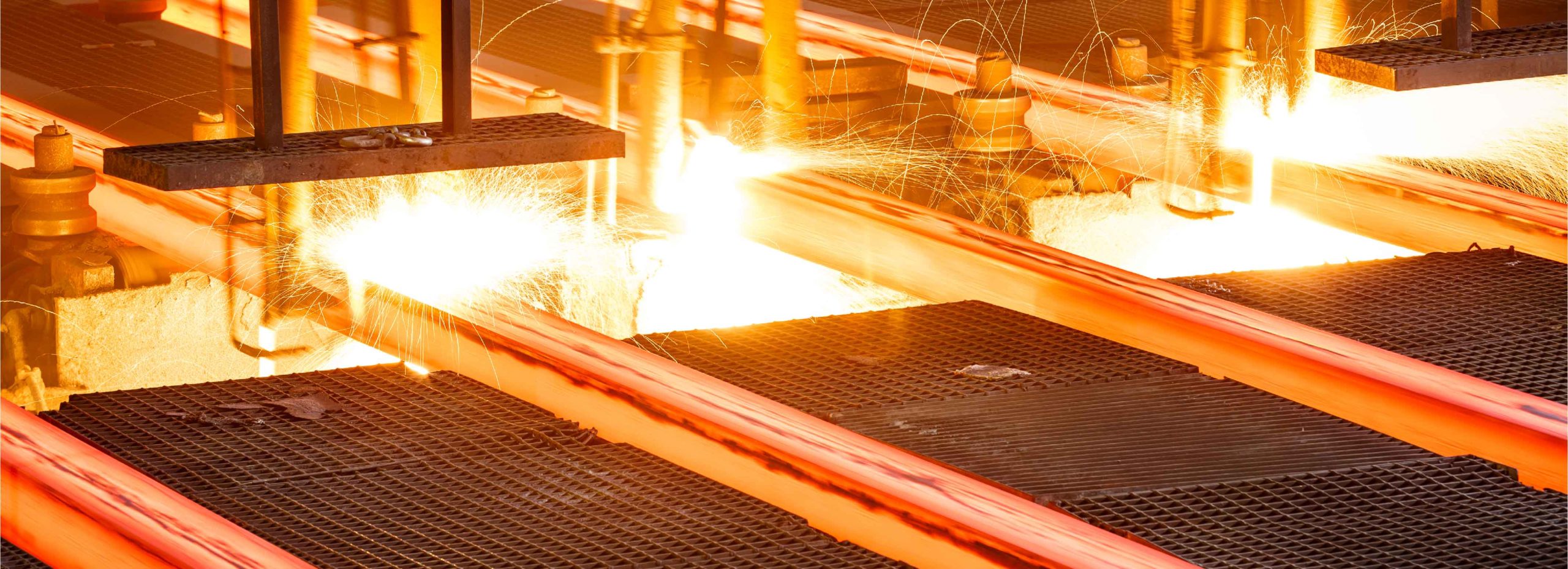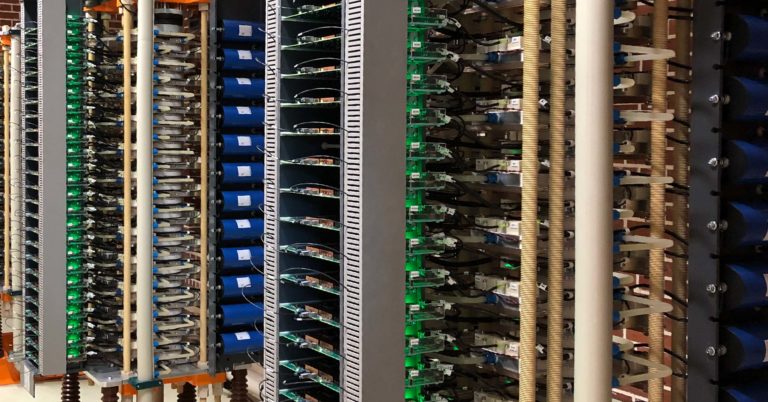
Why use Static Var Compensators in the metallurgical industry?
The metallurgical industry is a crucial sector of the global economy, producing various products ranging from automobiles to construction materials. The production process in this industry involves the use of Electric Arc Furnaces (EAF) and Ladle Furnaces (LF), which consume a significant amount of energy and create disturbances in the power grid. To secure efficient operation and minimize equipment downtime, it is essential to ensure that the power quality in the grid feeding the furnaces stays at an acceptable level. This is where Static Var Compensators come in.
What does a Static Var Compensator do?
Static Var Compensators or SVCs are devices that can improve power quality by reactive power compensation, load balancing, and harmonic current mitigation. In simple terms, this means that they are cleaning up the disturbances in the network created by the furnaces. By compensating for disturbances and effectively managing reactive power to maintain a stable voltage within the grid, SVCs contribute to an increase in the power output of the furnaces.
Harmonic currents and load imbalances pose significant challenges to the stability and reliability of power grids. Recognizing the potential harm caused by these disturbances, grid companies have implemented regulations to mitigate their adverse effects. Consequently, these regulations require steel plants to adhere to specific grid standards, compelling them to install compensator systems.

Merus® SVC – Static Var Compensator
Merus® SVC is a cost-effective Static Var Compensator solution with fast reactive power compensation for higher-power-class applications.
Power quality standards and regulations in place
The enforcement of grid regulations by the companies ensures that steel plants take the necessary measures to address harmonic currents and load unbalance. By mandating the installation of compensator systems, grid companies aim to maintain the integrity of the power grid and prevent disruptions that could arise from these issues. This proactive approach fosters a harmonious coexistence between the metal industry and the power grid, safeguarding the overall reliability and performance of the electrical infrastructure.
SVCs improving energy efficiency
In addition to its primary functions, an SVC also exerts a notable influence on the energy efficiency of the melting process, resulting in reduced energy consumption. This effect carries particular significance in energy-intensive industries like steelmaking, where substantial savings in energy costs can be achieved. Moreover, SVCs play a pivotal role in optimizing the melting process by effectively reducing electrode consumption. By implementing SVC technology, companies in the metallurgical industry can enhance their operational efficiency, minimize energy expenditure, and promote sustainable practices in their production processes.
In conclusion
In conclusion, SVCs are crucial devices for stabilizing the voltage in the power grid and optimizing the operation of Electric Arc Furnaces (EAF) and Ladle Furnaces (LF) in the metallurgical industry. By using SVCs, the metallurgical industry can improve energy efficiency, reduce maintenance costs, and increase production. With the increasing demand for metals, SVCs are becoming more important than ever before in the metallurgical industry.

